Friday Seminar via Zoom - May 28th
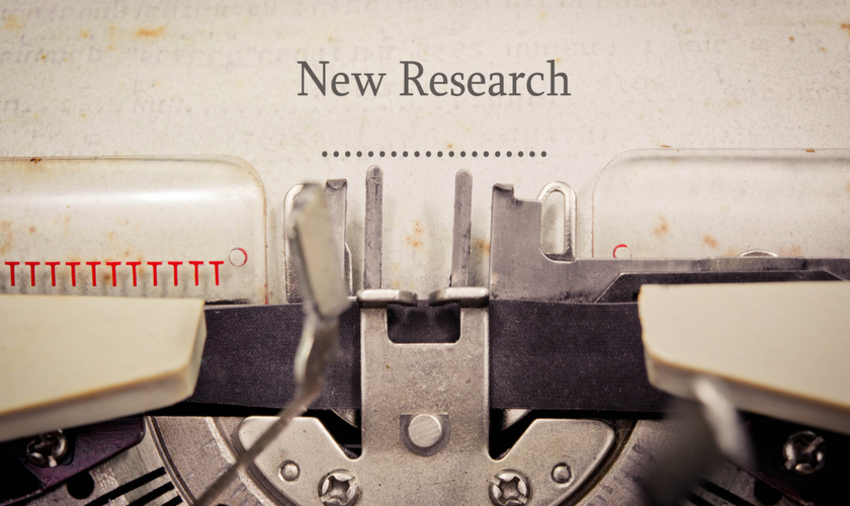
 Paper in a typewriter on which it is written "New Research"
Paper in a typewriter on which it is written "New Research"

Daniel MARTINS DE ALMEIDA BARRETO is a PhD Candidate in Economics at Sciences Po, working on a thesis entitled Bounded Rationality in Information Economics: Theory and Experimental Evidence, under the supervision of Eduardo PEREZ.
Daniel MARTINS DE ALMEIDA BARRETO will present a paper at the next Friday Seminar via Zoom on the theme:
Persuasion via Text and Subtext (abstract to follow)
 Clément MAZET-SONILHAC is a PhD Candidate in Economics at Sciences Po, working on a thesis entitled Investment, Labour Demand, Intermediary Inputs and Capital Structure: The Role of Financing Constraints, under the supervision of Thomas CHANEY. He is also a research economist at the Banque de France and an associate researcher at the Collège de France Economics of Innovation Lab.
Clément MAZET-SONILHAC is a PhD Candidate in Economics at Sciences Po, working on a thesis entitled Investment, Labour Demand, Intermediary Inputs and Capital Structure: The Role of Financing Constraints, under the supervision of Thomas CHANEY. He is also a research economist at the Banque de France and an associate researcher at the Collège de France Economics of Innovation Lab.
Clément MAZET-SONILHAC will present a paper at the next Friday Seminar via Zoom on the theme:
Domestic Outsourcing and Technological Change (read Abstract, PDF 29.55 KB)
More about Clément MAZET-SONILHAC and his research
Date: Friday, May 28th - 12:30 PM
Location: Zoom
Paris Trade Seminar via Zoom - May 25th

 Containers on a ship out at sea
Containers on a ship out at sea
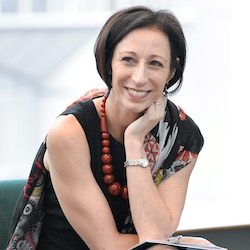
Paola CONCONI is Professor of Economics at the Université Libre de Bruxelles (ULB), a member of the European Center for Advanced Research in Economics and Statistics (ECARES) and Research Associate of the Fund for Scientific Research (FNRS). She is also a CESifo and CEPR Research Fellow as well as the Director of the CEPR Research Network on Global Value Chains, Trade and Development.
Her main research interests are in international trade, firm organisation, and political economy. She was recently awarded an Advanced Research Grant from the European Research Council (ERC) to study the interplay between trade agreements and supply chains.
Paola CONCONI will present a paper, joint with Chad BOWEN, Aksel ERBAHAR, and Lorenzo TRIMARCHI, at the next Paris Trade Seminar via Zoom on the theme:
Trade Protection Along Supply Chains (read paper)
More about Paola CONCONI and her research
Date: Tuesday, May 25th - 2:30 PM
Location: Zoom
Friday Seminar via Zoom - May 21st
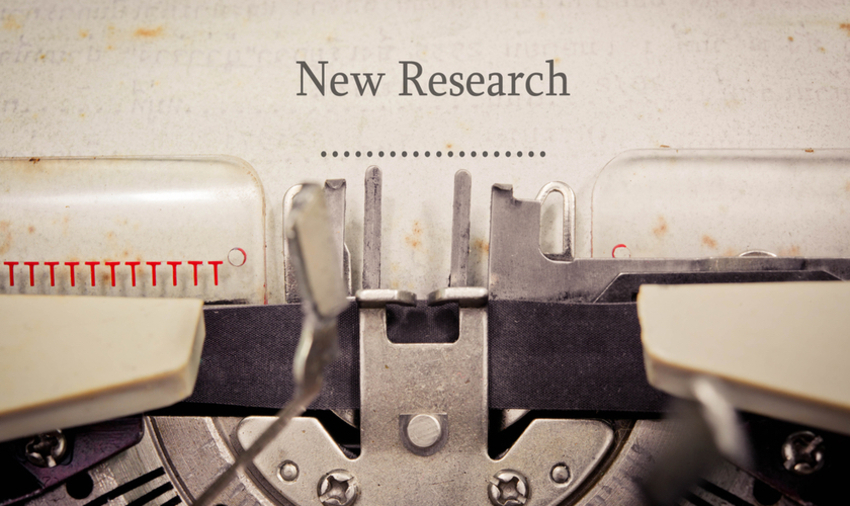
 Paper in a typewriter on which it is written "New Research"
Paper in a typewriter on which it is written "New Research"

Elisa MOUGIN is a PhD Candidate in Economics at Sciences Po, working on a thesis entitled Essays in Media Economics, under the supervision of Julia CAGÉ and Roberto GALBIATI. She is also affiliated to Sciences Po's LIEPP.
Elisa MOUGIN will present a paper, joint with Julia CAGÉ and Caroline LE PENNEC, at the next Friday Seminar via Zoom on the theme:
Money and Ideology: Evidence from Candidate Manifestos (read Abstract, PDF 104.41 KB)
More about Elisa MOUGIN and her research

Rita ABDEL SATER is a PhD Candidate in Economics at Sciences Po, working on a thesis entitled Implementation of Green Nudges in Ville de Paris, under the supervision of Yann ALGAN.
Rita ABDEL SATER will present a paper, joint with Mathieu PERONA, Elise HUILLERY, and Coralie CHEVALLIER, at the next Friday Seminar via Zoom on the theme:
Date: Friday, May 21st - 12:30 PM
Location: Zoom
Banque de France Research Seminar via Zoom - May 19th
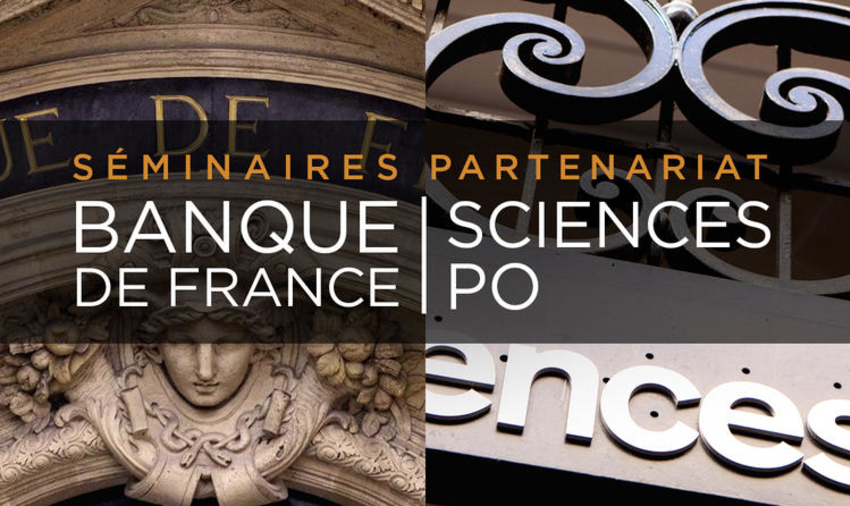
 Banque de France and Sciences Po pediments on buildings
Banque de France and Sciences Po pediments on buildings
The next Banque de France/Sciences Po Research Seminar "Banks and the Financial System: what regulation?" will host Pierre MONNIN (Senior Fellow, Council on Economic Policies) on the theme:
Central Banks and Climate Change: Implications for Monetary Policy
Pierre-François WEBER (Director, European and Multilateral Policies, at the Banque de France) will give his point of view on the subject.
Banque de France / Sciences Po Research Seminars discuss issues on banking, financial systems and financial regulation. The objective is to confront the approaches and ideas of academics and practitioners.
If you would like to attend, please contact Sandrine LE GOFF by email.
Seminars are organised by Vivien Levy-Garboua (BNP Paribas), Denis Beau (Sous-Gouverneur, Banque de France), Stéphane GUIBAUD (Professor at Sciences Po).
Date: Wednesday, 2020/05/19 - 18:00 - 20:00
Location: Zoom
Empirical IO Seminar via Zoom - May 18th

 Vector gear infographic elements
Vector gear infographic elements
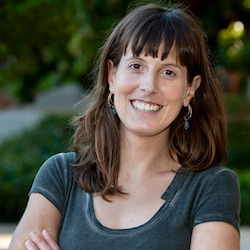
Myrto KALOUPTSIDI is Assistant Professor of Economics at Harvard University and the Stanley A. Marks and William H. Marks Assistant Professor at the Radcliffe Institute for Advanced Studies. She is also a CEPR Research Fellow and a NBER Faculty Research Fellow. Among her editorial duties, she is notably Foreign Editor of the Review of Economic Studies since this year.
Her work focuses on Industrial Organisation. She was recently awarded an important NSF grant for her project Global Transport Markets: Impact on Trade and Efficiency.
Myrto KALOUPTSIDI will present a paper, joint with Giulia BRANCACCIO, Theodore PAPAGEORGIOU, and Nicola ROSAIA, at the next Empirical IO Seminar via Zoom on the theme:
Search Frictions and Efficiency in Decentralized Transport Markets (read paper, PDF 2.09 MB)
More about Myrto KALOUPTSIDI and her research
Date: Tuesday, May 18th - 2:45 PM
Location: Zoom










